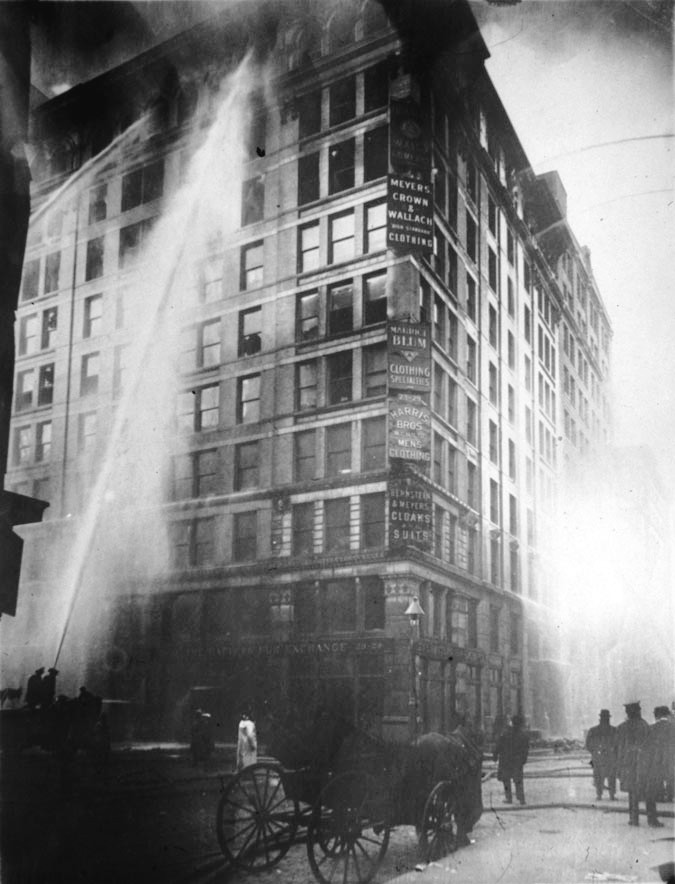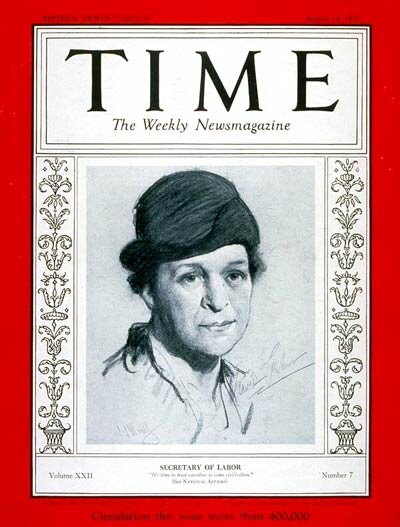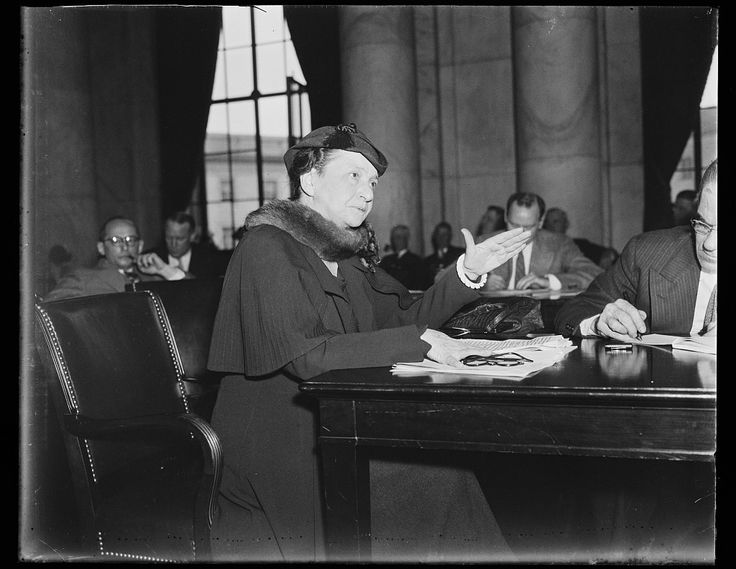 May God’s words be spoken. May God’s words be heard. Amen.
May God’s words be spoken. May God’s words be heard. Amen.
The Feast of Pentecost doesn’t get the same attention as Easter or Christmas. We don’t hold big family gatherings (though for some, that may be a good thing). It isn’t a typical day for exchanging gifts or sending Pentecost cards proclaiming a windy day of fire and speaking in tongues. Which is kind of a shame, because that would be so cool!
Now last week, because it was Mother’s Day, I asked you all to step out of your comfort zone and join me in using mother rather than father when speaking of God, because, as scripture makes clear, both male and female are made in God’s image. To be unable to recognize the divine feminine is to essentially say to God, “I don’t care that you are both male and female, or neither. I refuse to see you as anything but male.” It is essentially trying to push God into the same patriarchal box the folks centuries ago created – making God in the image we choose – as IF God could be contained by our human definitions!
Even if that is sadly too big a leap for some people to make, it is scripturally inaccurate to refer to the Holy Spirit as He. As I point out each year, Spirit in the Greek is pneuma – a gender neutral noun (from where we get pneumatology), and in Hebrew it is Ruach – a feminine noun. We didn’t make the Holy Spirit a boy until we latinized the Hebrew and the Greek. So, that outta be a reason to lift up this Sunday, because it gives focused attention to the feminine side of the Trinity.
And, if wind, fire, and the divine feminine isn’t enough – the Feast of Pentecost does give us some great music.
The hymnody for this Sunday is wonderful. The hymns we sing today, of course, but also “Gracious Spirit, give your servant” to the tune of Abbot’s Leigh, “Come, Holy Spirit, heavenly Dove,” sung to St. Agnes, and more. Of course, back in 2014, on my first Pentecost Sunday with you, I not only mentioned a pop song, but played it during The Peace dancing down the aisle as we all sang along. Anyone remember what that was?
Right – Billy Joel’s “We didn’t start the fire.” And there is another one too – [start the music]
“Prepare yourself you know it’s a must – Gotta have a friend in Jesus. So you know that when you die, He’s gonna recommend you. To the spirit in the sky (spirit in the sky)”1
See? the Holy Spirit at least gets Her due in music!
But to be clear, that other pop song had it wrong. Besides the part where it says “Never been a sinner, never sinned. I’ve got a friend in Jesus.” I mean – seriously? Never? While it is nice to know “you have a friend in Jesus”, ‘cause you do, it is clear you haven’t spent a human day on this earth if you’ve never sinned. But seriously, this whole “Spirit in the Sky” stuff may be good for pop music, but downright off when talking about the Holy Spirit, the Paraclete (as Jesus refers to it in the gospel we heard today). Because the Holy Spirit isn’t waiting up “there.” She is just not that passive.
The thing is – Billy Joel had it right. “We didn’t start the fire, it was always burning since the world’s been turning.”
The Holy Spirit has been around since the dawn of all time. That holy breathe of God moved across the chaos of the darkness and brought into life creation. The Holy Spirit has been at work in the world before the incarnation and ever since too. So, just as Easter cannot be contained in Eastertide – we are an Easter people, the workings of the Holy Spirit cannot be contained within this Sunday, or for that matter, the entire season of Pentecost!
But on this Sunday, it is a good thing that we reflect on the way in which the Holy Spirit was at work in the origin of the church, because it is something we need to remember if we are going to be the church today.
In the gospel of John, we hear a part of a longer passage that is broken up over the three lectionary years. In Year B, the one we are in now, we get the part where Jesus is telling his followers about his impending death, resurrection, and ascension. He says that he will send them the Paraclete (from the Greek παράκλητος). It is traditionally translated as Advocate, Intercessor, Comforter, etc. However, it is better thought of as “the one who comes alongside.”
Now, you might think – “that’s not exactly how this thing all went down for those earliest followers, – I mean…wouldn’t coming alongside mean more like pulling up a chair not setting my head on fire?” Sure, sometimes. Sometimes though, we just might need a bit more, because we aren’t good at listening to God. Oh, we are good at talking to God – we do it all the time, or so I hope so. But prayer, that is a conversation. And it requires listening, because this advocacy, this walking alongside, it’s a partnership. It is hard to be a good partner if you aren’t listening – ask anyone currently married. When it comes to God, well, we just don’t always listen. God invites us into our calling in the world, but we often don’t see the open door. Instead, we can be like those horror movies where there is a noise in the basement when alone at night, and instead of leaving the house and calling 911, we go down there to check it out.
I saw a meme the other day that said “Me yelling at squirrels in the street to move so they don’t die is probably the same feeling God has watching me live my life most days.” So very true for many of us, and I suspect that those earliest followers of Jesus were not too different either. They were going to need a message from God that would get their attention. And Lordy, the Spirit deliver on that!
Thankfully, through the centuries, many have heard the Spirit of Truth walking alongside them, and they responded, without the need for wind and flames. One of those is a saint of the church, who we celebrated this past week. And you know what? She died in 1965. She was not from a very long time ago in a galaxy far, far, away. Her name is Frances Perkins.
Frances Perkins was born Fannie Coralie Perkins in Boston, Massachusetts on April 10th 1880. “While a student at Mount Holyoke College, Perkins heard a speaker vividly describe the nation’s growing urban and industrial problems. She was deeply moved.
When she was living in Lake Forest, Illinois, and working in Chicago, she was attracted to the Episcopal Church. Perkins was confirmed at the Church of the Holy Spirit, Lake Forest, on June 11, 1905. She remained a life-long Episcopalian.
While working at a Chicago settlement house, she determined to “do something about unnecessary hazards to life, unnecessary poverty” because “our Lord has directed all those who thought they were following in His path to visit the widows, the orphans, … the prisoners and so forth.”
Perkins earned an M.A. at Columbia University in 1910. In 1911, after hearing of the Triangle Shirtwaist fire in New York in which 146 factory workers died, she took up industrial safety work for the City of New York. “Perkins continued her work in industrial relations, serving at the state level with Al Smith and Franklin D. Roosevelt during their respective terms as Governor of New York.”1
for the City of New York. “Perkins continued her work in industrial relations, serving at the state level with Al Smith and Franklin D. Roosevelt during their respective terms as Governor of New York.”1
In 1933 President Franklin D. Roosevelt appointed her Secretary of Labor. Before accepting the job, she consulted with her friend, Suffragan Bishop Charles K. Gilbert of New York. She responded to Roosevelt by outlining for him a set of policy priorities she would want to pursue: a 40-hour work week; a minimum wage; unemployment compensation; worker’s compensation; abolition of child labor; direct federal aid to the states for unemployment relief; Social Security; a revitalized federal employment service; and universal health insurance. She made it clear to Roosevelt that his agreement with these priorities was a condition of her joining his cabinet. Roosevelt said he endorsed them all, and Frances Perkins became the first woman in the nation to serve in a Presidential cabinet.”
Frances Perkins led a “Committee on Economic Security, where she forged the blueprint of legislation finally enacted as the Social Security Act. Signed into law by the President on August 14, 1935, the Act included a system of old age pensions, unemployment compensation, workers’ compensation and aid to the needy and disabled. In 1938, Congress enacted the Fair Labor Standards Act, also crafted with the support of Perkins, establishing a minimum wage and maximum work hours and banning child labor.”2
compensation and aid to the needy and disabled. In 1938, Congress enacted the Fair Labor Standards Act, also crafted with the support of Perkins, establishing a minimum wage and maximum work hours and banning child labor.”2
Of course, I should note, she also was the winner of the Golden Halo of Lent Madness several years ago too!
Frances Perkins, seeing the poor and homeless, hearing of the horrific deaths of workers at the Triangle Shirt Waist Factory, heard the Spirit of Truth, the advocate, call her into ministry. Her faith, her willingness to see the need around her, led Frances to go further into the world than was expected of a woman of means at that time.
See, the thing about the Holy Spirit, as we hear in the Pentecost story in Acts, is that the world wasn’t made able to hear the apostles, the apostles were made to be able to listen to the world. They were given the gift of the languages of the world that they might go and meet people where they are – and join in the work the Holy Spirit was calling them to – which is, as Peter says to the crowd, prophet work. Peter, quoting from Joel, told them “God said, “Then afterwards I will pour out my spirit on all flesh; your sons and your daughters shall prophesy, your old men shall dream dreams, and your young men shall see visions.”
Frances was given that gift too – to be able to see, to hear, to have compassion for, to respond to, the people most in need in our society. To prophesy to the highest positions in our land that something must be done. Not only to prophesy – but to force the changes needed. She was able to dream dreams, and to make them reality.
And the thing is – we are meant to do that too!
Okay, maybe we don’t speak multiple languages, though in this very diverse congregation, with people from many parts of the world, you actually do. But we are meant to go out into the world to see, to listen, to meet people where they are rather than expecting them to come through our doors. And, we are meant to prophesy.
We are called to bear witness to injustice.
We are called to visions and dreams of what could be.
And that can’t be done only on Sunday mornings at 10:30am.
No. As I have said often in my 10 years with you, Church isn’t a destination. This is where we are given strength for the journey – in the real presence of the Eucharist.
This is where we are reminded of our baptismal call.
This is where we respond to the deacon’s dismissal to go out into the world.
Frances Perkins understood that. She knew that her faith meant that she could never turn her back on children of God who were suffering. She could have – certainly women in those times were meant to be seen more than heard (often true today too). But no. She insisted that her work, her life, have meaning – the meaning God intended for her, and for the world.  That didn’t mean it was easy.
That didn’t mean it was easy.
In 1939, the programs she was advocating for were enraging Republicans, and she was brought up on impeachment charges, claiming she was a Communist. This was a deeply stressful time for this first woman cabinet secretary. Yet Frances recalled later that “I had a sense of a spiritual companion. As the Christians would say, My Lord walked beside me to the jaws of death. I had a sense of the Lord Jesus looking after his people and walking beside them.”
Frances knew she did not do the work she was called to do alone, and neither do we.
For as Jesus promised, the Spirit of Truth, the Advocate, came to those first apostles, leading them out into the world to bear witness to the good news.
And that same Spirit of Truth, that same Advocate, that same Holy Spirit came to Frances, is not up in the sky – She is right here with us too.
She will light a fire in our heart.
She will sustain us by that divine wind flowing through our lives.
She will lead us to places we never thought we would go, and gives us what we need to do the work we are called to do.
She will do all those things…and more.
If we will only be the Pentecost people we are meant to be.
If only we will prophesy.
If only we will, in the words of Frances Perkins, “be a doer of the Word, and not a hearer only, whenever and wherever we see the need.”
Amen.
For the audio, click below, or subscribe to our iTunes Sermon Podcast by clicking here (also available on Audible):
1 Norman Greenbaum – click here for the music: https://www.youtube.com/watch?v=W2msh0jut2Y
2 https://www.episcopalchurch.org/glossary/perkins-frances/
3 https://francesperkinscenter.org/learn/her-life/
The Rev. Diana L. Wilcox
Christ Church in Bloomfield & Glen Ridge
May 19, 2024
The Feast of Pentecost
1st Reading – Acts 2:1-21
Psalm 104: 25-35,37
2nd Reading – Romans 8:22-27
Gospel – John 15:26-27; 16:4b-15





